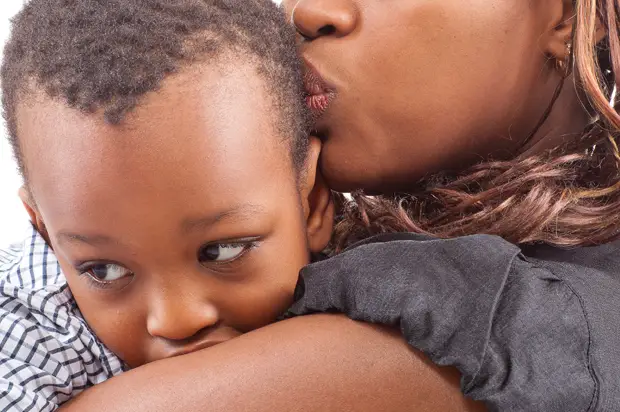
While out on a New Year’s Eve run, I passed by a family loading up in their van.
Kids piled in quickly and a woman spoke harshly, “I’ve been calling you and calling you. I’ve been waiting here.”
Uh oh, I smiled to myself thinking of how frustrating it is when I’m ready to leave and my son is taking too long. I felt her pain as I came closer to their driveway then what I heard…
“You’re disrespectful.”
“You don’t listen.”
“This is why you’re never going to do anything.”
While I was able to keep running from those insults and curses, those children could not. My heart broke for them.
I was recently reading about the word gap, the phenomenon that lower income families speak dangerously fewer words to their children. This impacts their vocabulary, the ability to express themselves, and makes school more challenging.
What really got my attention was when researchers analyzed the types of words being spoken to children in low income families, the words were negative, much like what I overheard.
Researchers at Rice found that “by age four, the average child from a family on welfare will hear 125, 000 more words of discouragement than encouragement. When compared to the 560, 000 more words of praise as opposed to discouragement that a child from a high-income family will receive, this disparity is extraordinarily vast.”
Short version: not only do these kids hear fewer words, much of the words they hear are negative. The researchers don’t go into race in their findings, but I think black parents can take valuable insight from this study.
If any children in this country need to hear kindness, it’s black kids. In the era of Black Lives Matter we’ve become critically aware that from education to employment to simply walking down the street, we have so many different challenges thrown at us. So much negativity, judgment, and hate that sometimes ends in death. It’s isolating. It’s painful. It’s damaging.
Yet at the same time, it seems to be a cultural choice that we too must deride, degrade, and humiliate our children under the guise of discipline.
As I turned the corner, I wondered if we don’t believe in, encourage, support, and choose words of love with our own children, who do we expect to nurture them?
If we don’t come to them with love as our language, then why are we bothered when they don’t listen?
Why are we surprised when they trust their friends more than us?
If their mistakes are met with a reminder of everything they did wrong and an onslaught of all their disappointments, why would we ever expect them to come to us for help?
Why do we get mad when it feels like the rest of the world views them as worthless when we use those exact words as regular discipline?
I completely understand that gentle parenting isn’t for everyone, but I believe there still has to be other ways to communicate with our children with less trauma and more love. I believe it starts with the words we use.
For me, in this new year, I’m redoubling my efforts to make love my language not only to my children, but to my husband, my friends, and the world around me. In 2016, love is going to be my language.

